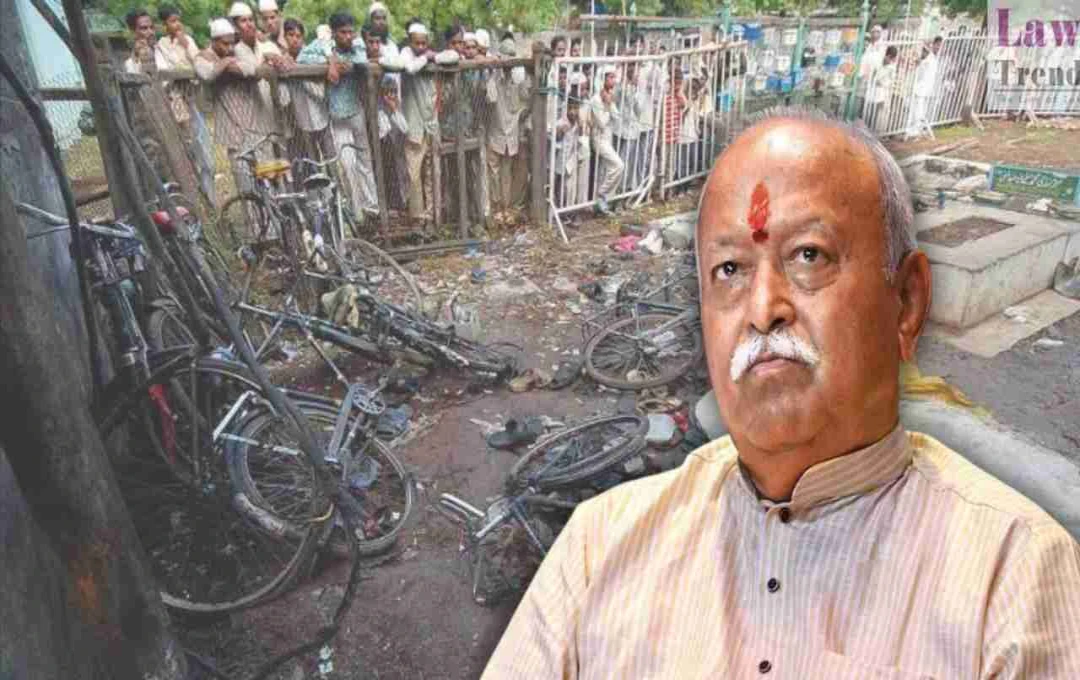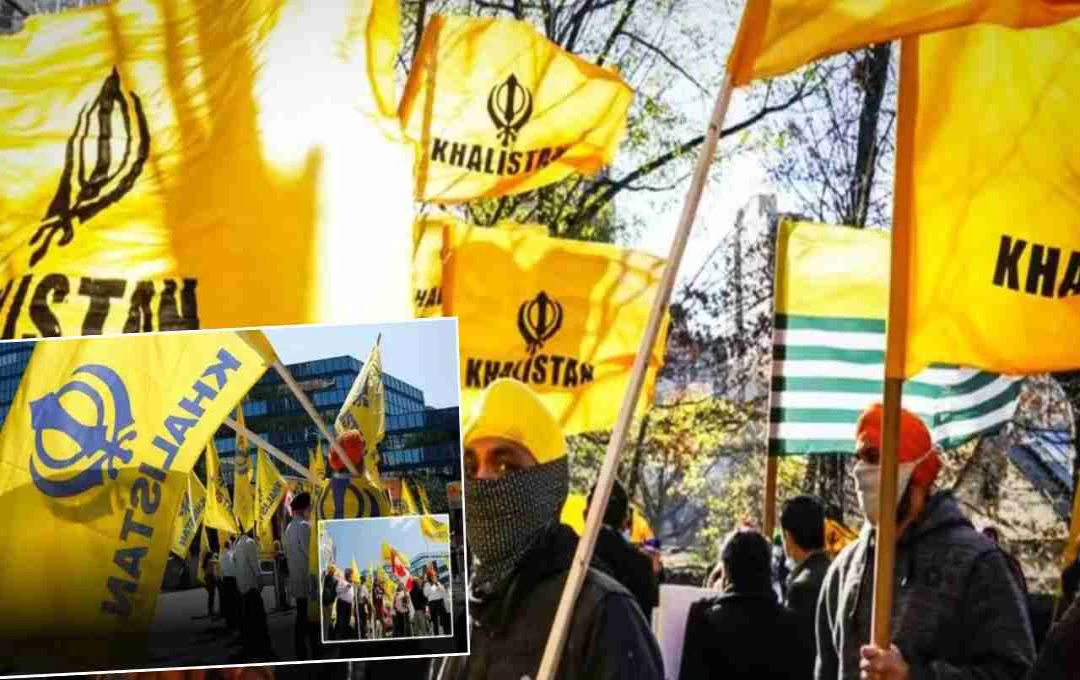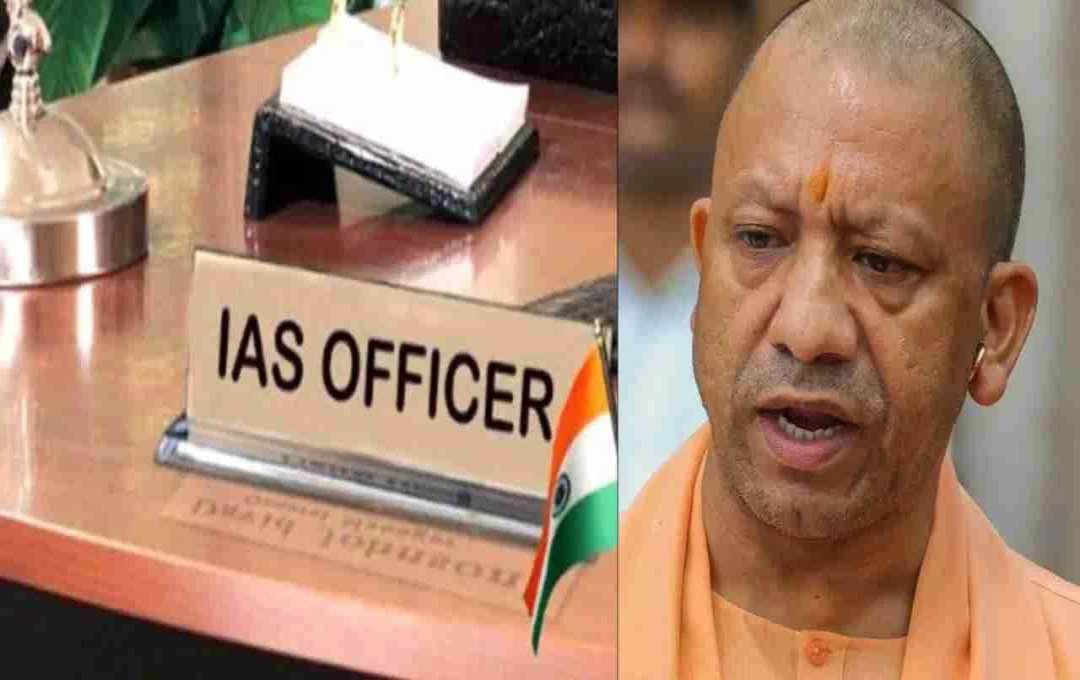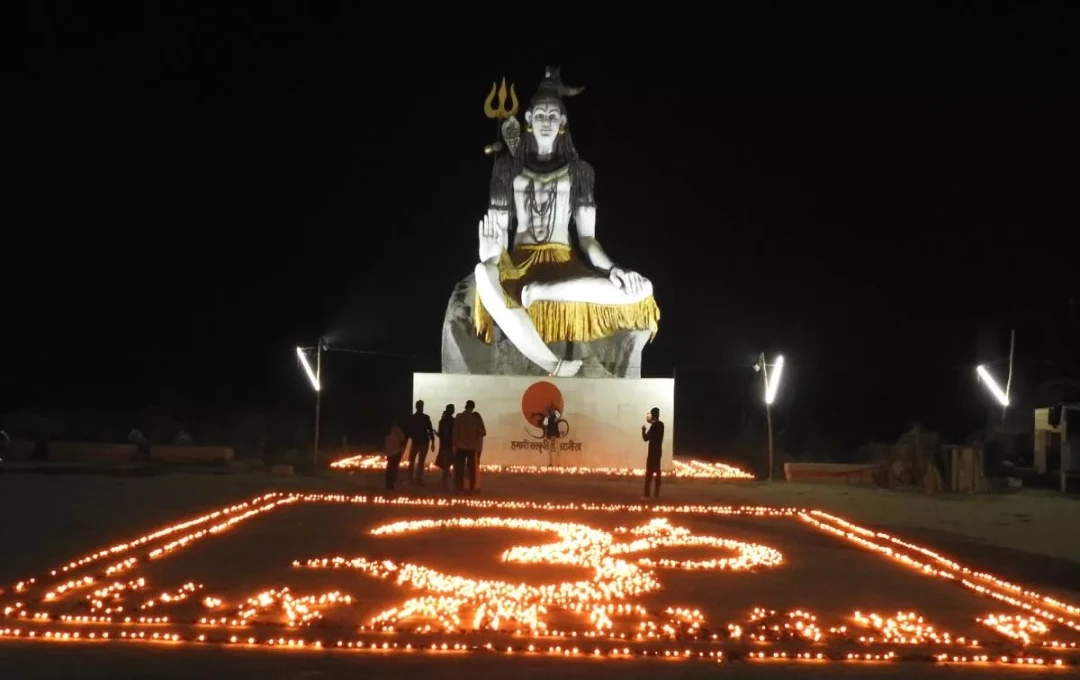Following the acquittal of all accused in the Malegaon blast case, former ATS officer Mehboob Mujawar claimed he was ordered to arrest RSS chief Mohan Bhagwat to create an image of 'saffron terror'.
Malegaon Blast Case: A special NIA court has acquitted all seven accused in the Malegaon blast case of September 29, 2008, in Malegaon, Maharashtra. These accused included prominent names like Sadhvi Pragya Thakur and Colonel Shrikant Purohit. This verdict has put a final seal on the nearly 17-year-old case. Following the verdict, a former ATS officer has made a shocking revelation, raising questions about the seriousness of the case and the investigation process.
Sensational Claim by Former ATS Officer
The initial investigation of this case was conducted by the Maharashtra ATS. Former Inspector Mehboob Mujawar, who was a member of this team, has claimed that he was ordered to arrest Rashtriya Swayamsevak Sangh (RSS) chief Mohan Bhagwat. He says that this instruction was given to establish the perception of 'saffron terror'. He made this statement while speaking to the media in Solapur.
Efforts to Prove 'Saffron Terror'
According to Mehboob Mujawar, the orders he received aimed to link the RSS chief to the case to promote 'saffron terror' as a political discourse. He stated that he was asked to arrest Mohan Bhagwat along with some other people like Ram Kalsangra, Sandeep Dange, and Dilip Patidar. However, he did not comply with these orders.
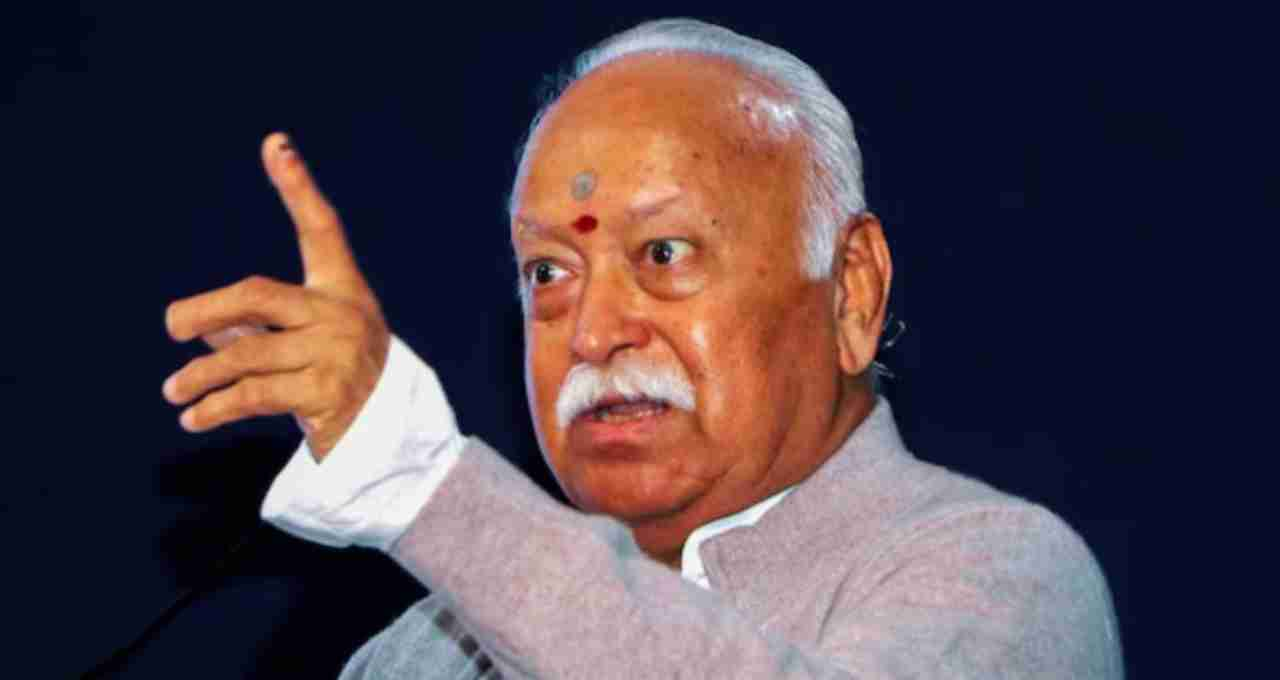
Questions Raised on the Investigation
The former officer said that the court's recent decision has exposed the initial ATS investigation as a sham. He says that the truth came to light only when the NIA re-investigated the case, and the court acquitted all the accused, giving them the benefit of the doubt. He alleged that the initial investigation was driven by political pressure and prejudice.
'I Was Punished for Refusing to Obey Orders'
Mehboob Mujawar claims that he did not obey the order because he realized that the investigation was not fair. He said that he did not arrest Bhagwat because he had no solid evidence to do so. Due to his refusal to comply with this order, a false case was registered against him, and his 40-year police career was damaged.
What the NIA Court's Decision Says
The NIA court clarified that the prosecution failed to produce concrete and conclusive evidence against any of the accused. The court said that the statements and evidence based on which these people were accused were either inconsistent or could not be confirmed in the investigation.
